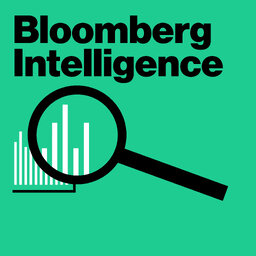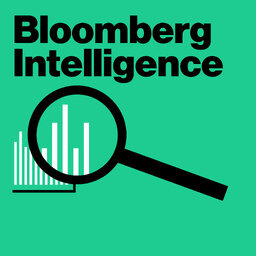PCE Data Sets Stage for Fed Rate Cut
Watch Alix and Paul LIVE every day on YouTube: http://bit.ly/3vTiACF.
Ira Jersey, Bloomberg Intelligence Chief US Interest Rate Strategist, discusses PCE data. Ryan Gould, Bloomberg Deals Reporter, discusses Intel discussing various scenarios, including a split of its product-design and manufacturing businesses. Ben Emons, Chief Investment Officer & Founder at Fed Watch Advisors, discusses his outlook for the markets. Kailey Leinz, Balance of Power Co-Host, discusses the latest Bloomberg News Morning Consult Poll. Woo Jin Ho, Bloomberg Intelligence Senior Technology Analyst, joins the program to recap Dell earnings. Robin Erickson, Vice President, Human Capital, for the Conference Board, discusses the state of America's workforce as we head into the Labor Day weekend.
Hosts: Carol Massar and Tim Stenovec
In 1 playlist(s)
Bloomberg Intelligence
Scarlet Fu and Paul Sweeney harness the power of Bloomberg Intelligence to analyze market news and p…Social links
Follow podcast
Recent clips

Instant Reaction Earnings Roundup: Microsoft, Meta & Tesla Deliver Results
33:12

Starbucks Sales Accelerate as Turnaround Gains Steam
22:53

GM Sees Up to $2 Billion Profit Jump in 2026, More Buybacks
28:34
 Bloomberg Intelligence
Bloomberg Intelligence